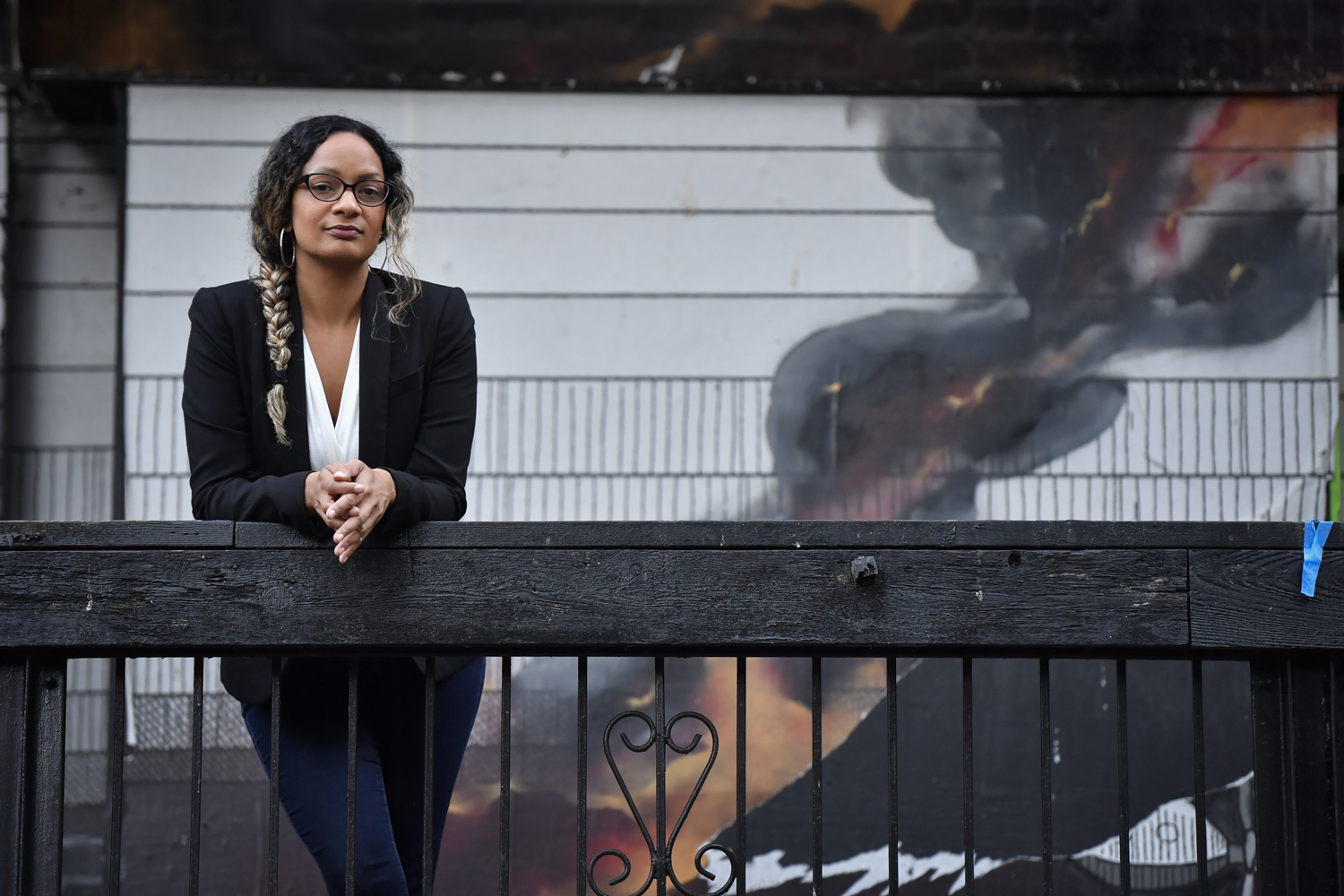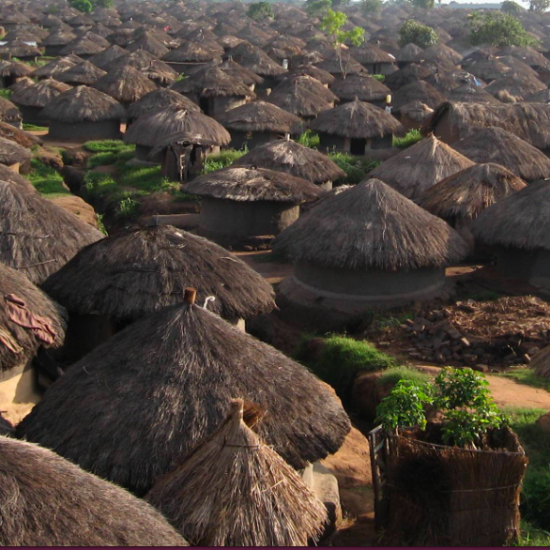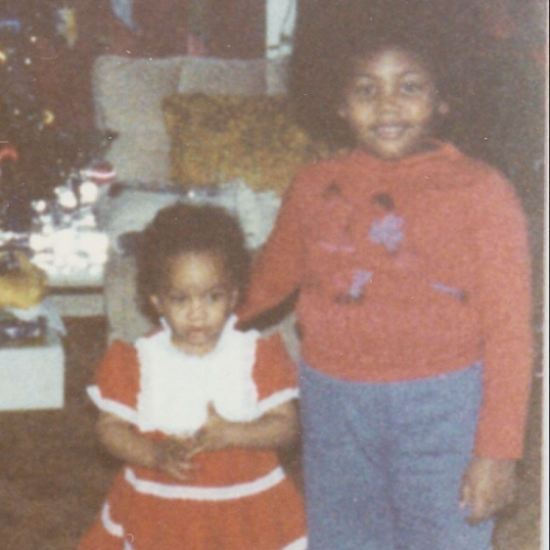Please check one of the following boxes:
Black
White
Asian
Indigenous
Métis
Other
In my younger days I remember filling out a job application and staring at that question about race for so long. Do I check the ‘Black” box? What the hell is “Other?” My hand hovered over the question for a long time …
The more I write about life as a mixed-race person, and what this means to me as a mother, woman, writer etc, the more the writing itself tends to be less about race and more about missing pieces, and figuring out the order of these pieces and how to put them together. And not only the pieces I’ve never had, but re-working and making do with the ones I do have.
My dad and I have never had a face to face conversation. We’ve written emails back and forth here and there over the course of 15 years. I’ve been struggling for a while now, stuck in the two parts of myself, wondering where I am supposed to fit. What stories are mine? What stories do I have the right to tell? I hold on tightly to fragments. I wonder if he knows the complexities of what I went through growing up. I wonder if he would have constructed a conversation with me as a young girl and given me advice on how to deal with questions about where I came from. I wonder how that conversation would have sounded.
From: Dad
To: Chelene
Sent: Sunday April 28, 2013 6:37 p.m.
Subject: Re: Uganda 1972: An Erasure Prose Poem draft
Oh my god, this is very good Chelene. How did you do this? It has some really good depth in how you constructed this. If anyone who reads both the articraft in your creation with the context of the true reality for those who were ousted as well as the dictatorship of what happened especially without changing the order of the words, tells a story almost in a biblical way.
From: Chelene
To: Dad
Sent: Sunday April 28, 2013 5:45 p.m.
Subject: Uganda 1972: An Erasure Prose Poem draft
Uganda—the pearl of Africa. The beauty of a peaceful sun setting could not erase our growing feeling that the flavour of a once promising land was evaporating. African kingdoms: The Bunyoro kingdom, the Buganda kingdom—it’s strength abolished and divided. The people were divided, shaken by the expulsion, the elimination—Amin’s brutal reign of terror. Carpenters, mechanics, shoemakers and tailors—the middlemen. The sting of a privileged position? Never. The political winds transformed into a choice. Minority eyes prevailed that day. Identify yourself; breakthrough for Uganda. The Asian presence of Kampala. His palace. His tombs were woven thatched roofs that swooped to a point high above the straw-laden floors below, lending a cathedral-like silence to the sacredness of the earth below where royal attendants continually watched over the remains of their dead kings. Kampala—the arched and pillared windows were endless. Nestled behind sundown, an Indian dialect of silks and cottons. Our eyes lettered names like “Patel” and “Desai” “Bombay Emporium.” The ashes of Uganda walked many miles and carried their heads. It was tedious work. It took years. The image was small, this image. It was the same image they left behind. Why should we wait in line for justice? Help us begin to drink the pain of Uganda. The mountains appeared at sunset. The hillsides of women flowed in the breeze. The men brought comfort but their eyes told accounts of death. In their minds, their birth. Like precious jewels in a hairdo or turban, we heard stories of escape. They looked back on the homes they built. They looked back on the tiny store their grandfather established. A mirror of minority alone in their difficult hours. Uprooted.
*
I considered the pieces. I re-ordered the pieces. Using ONLY the pieces I had, I created a conversation between my father and I:
*
Uganda—the pearl of Africa. The beauty of a peaceful sun setting could not erase our growing feeling that the flavour of a once promising land was evaporating. African kingdoms: The Bunyoro kingdom, the Buganda kingdom—its strength abolished and divided.
“If anyone who reads both the articraft in your creation …”
A mirror of minority alone in their difficult hours.
The people were divided, shaken by the expulsion, the elimination—Amin’s brutal reign of terror. Carpenters, mechanics, shoemakers and tailors—the middlemen. The sting of a privileged position? Never.
“With the context of the true reality for those who were ousted …”
Uprooted.
They looked back on the tiny store their grandfather established.
The political winds transformed into a choice. Minority eyes prevailed that day. Identify yourself; breakthrough for Uganda. The Asian presence of Kampala. His palace.
“The dictatorship of what happened …”
In their minds, their birth. Like precious jewels in a hairdo or turban, we heard stories of escape. They looked back on the homes they built.
His tombs were woven thatched roofs that swooped to a point high above the straw-laden floors below, lending a cathedral-like silence to the sacredness of the earth below where royal attendants continually watched over the remains of their dead kings.
“It has some really good depth in how you constructed this.”
The mountains appeared at sunset. The hillsides of women flowed in the breeze. The men brought comfort but their eyes told accounts of death.
Kampala—the arched and pillared windows were endless. Nestled behind sundown, an Indian dialect of silks and cottons. Our eyes lettered names like “Patel” and “Desai” “Bombay Emporium.”
The ashes of Uganda walked many miles and carried their heads. It was tedious work.
“How did you do this?”
It took years.
The image was small, this image. It was the same image they left behind. Why should we wait in line for justice?
“… tells a story almost in a biblical way …”
Help us begin to drink the pain of Uganda.
“… especially without changing the order of the words.”
“Oh my god, this is very good Chelene.”
—Dad.
With these missing pieces, I answer my own questions: am I even “mixed race?” What is this and what does it mean? I remember thinking about the terminology used to define those who did not fit neatly into categories of race. Mixed, bi-racial, blends, etc. I wonder if we can do better. I’ve been picking sides all my life. Switching sides when it suited me best, and always wondering how to “construct” this conversation with myself. Do I have to self-identify? Do I have to check a box on a form? Who wants to check “other” box? I don’t.
_____________________________________________________________________________________________________

Chelene Knight lives in Vancouver, BC and is a graduate of The Writer’s Studio 2013 in the poetry cohort. Chelene is a Library Assistant at the Vancouver Public Library, and Managing Editor at Room. Previously, she worked as a Manuscript Consultant through SFU, and as a proofreader at Montecristo magazine along with other editor gigs with a poetry focus. She has been published in Amazing Canadian Fashion Magazine, Sassafras Literary Magazine, emerge, The Raven Chronicles Literary Magazine, and in Room 37.4. She just finished her second manuscript, Dear Current Occupant, a collection of sonnets, prose poems, and letters which is forthcoming with BookThug in 2018. Chelene is now dabbling in short short SHORT fiction. Her first book, Braided Skin, was published by Mother Tongue Publishing in Spring 2015. Find out more about Chelene at cheleneknight.com and @poetchelene.


